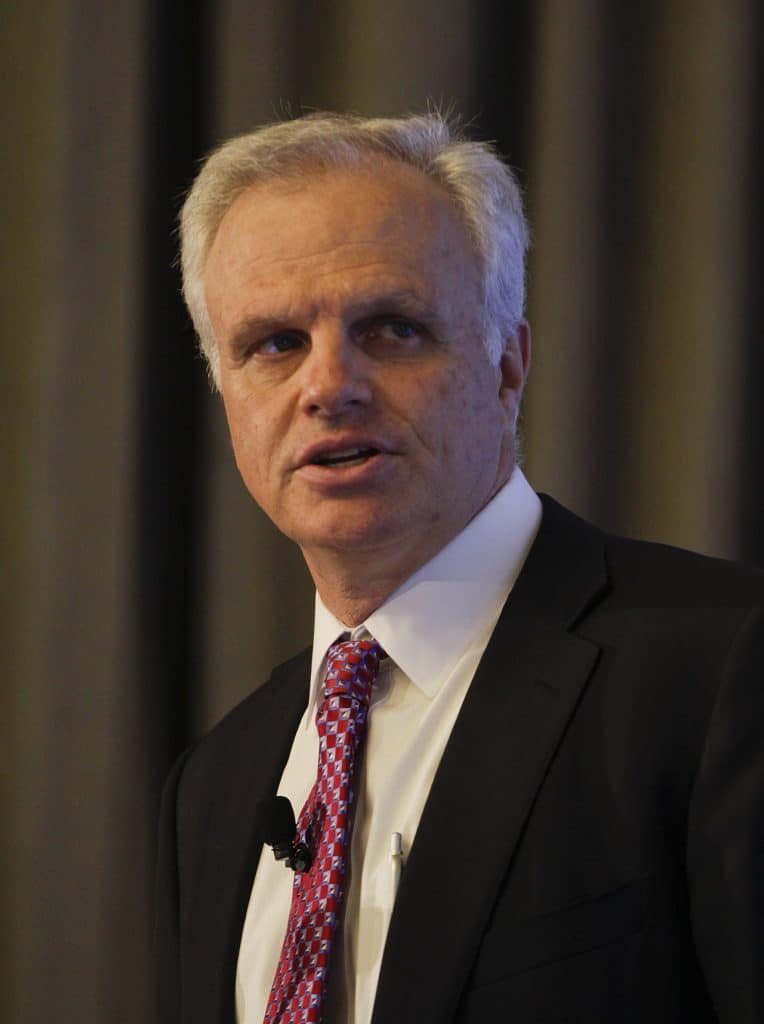The founder of JetBlue and Azul Airlines is back with another airline. David Neeleman is an airline start-up king. Over the course of his career, he has successfully started five successful airlines. Back in the early 1990s, Neeleman founded Morris Air. The airline was an improved copy of Southwest Airlines low cost model based out of Salt Lake City. The airline was so successful that Southwest purchased the airline in 1993, enabling significant Southwest to rapidly expand into the Rocky mountain market. As part of the transaction, Neeleman was contractually obligated to not work for a US competitor for 5 years. He went north to found WestJet in Canada. At the end of that expiration, he founded JetBlue in 2000. Neeleman then moved on to start Azul, connecting small Brazilian cities with quality low-cost service. Almost every concept he has tried has turned into a successful airline.
I wouldn’t bet against the Airline Startup King

Now, Neeleman is headed back to the US to start a new airline. Although the odds of starting a successful airline in the US are stacked against him, one would be crazy to bet against the ‘airline startup king’. Working under the code-name “Moxy”, the airline was first rumored in 2018 as it placed an order for 60 Airbus A220-300s. This week, we learned more about the new airline. It will officially be called Breeze Airways. The airline will initially take delivery of former Azul Embraer 195s on lease to begin service. Over the next few years, the airline will convert to the A220-300, formerly known as the Bombardier C-Series jet.
No cities are official yet for Breeze Airways
Breeze Airways is still shrouded in mystery. We’ve heard tidbits that the airline will offer point to point service with a focus on high-quality service in a low cost offering. High quality service appears to be pat of the differentiator. The Associated Press has reported some intriguing facts about the airline. The airline has established a headquarters in Cottonwood Heights, Utah. The AP reports that tickets and a host of other services will be purchased via an app. We’ve also seen mentions that wifi will be free onboard and seat pitch will be generous, but the airline will still have ancillary fees like its low cost competitors.
The airline will offer direct service between underserved markets primarily from secondary cities and airports (sounds a little like a combination between Southwest and Allegiant). With its corporate headquarters near Salt Lake City, that opens up the possibility of an airport in the Utah region being the starting place for a hub.
With airline consolidation over the past decade, there has been tremendous consolidation in air service at formerly major hub airports. Former hub airports like Kansas City, St. Louis, Pittsburg, Cincinnati, San Antonio, New Orleans, Milwaukee, Colorado Springs, San Diego, and Cleveland all have gaps where Breeze could fly non-stop to markets currently only served through connections. Growing markets like northwest Arkansas, northeast Florida, Idaho, Teterboro (as an airline destination), Oklahoma City, and Raleigh-Durham also offer ripe opportunities for new non-stop service. Plus, there is even the possibility that Breeze could open up service to airports that currently have no airline service like Fort Worth’s Meacham airport or one of Chicago’s tertiary airports. It’s fun to speculate but we don’t have anything official yet. We’ll be sure to let you know when we hear an update.
